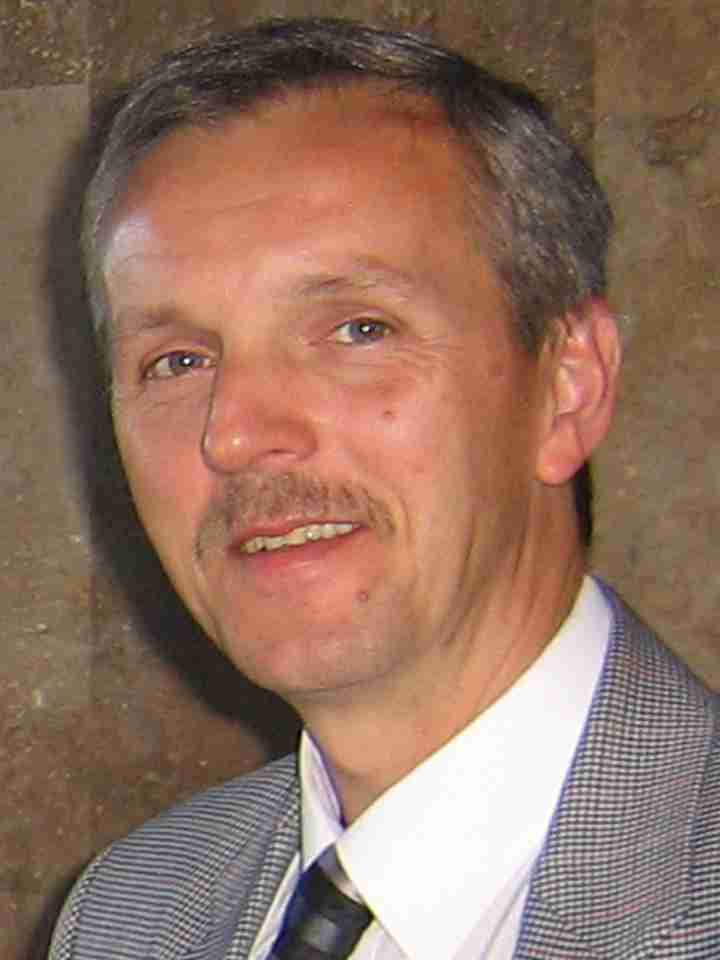Curriculum Vitae

Personal Details
Name: Hózer Zoltán
Scientific degree: PhD
Nationality: Hungarian
E-mail: hozer@aeki.kfki.hu
Education and Degrees
2004 | PhD, Budapest University of Technology and Economics |
1988 | Dr. Univ., Technical University of Budapest |
1978-84 | Moscow Power Engineering Institute (MPEI) |
Professional Experience
2007- | head of Fuel Department of AEKI |
2004- | senior research scientist at AEKI |
1998-2006 | head of Fuel and Reactor Materials Department of AEKI |
1992-2003 | research scientist at AEKI |
1990-1991 | visitor scientist at the CEA Grenoble |
1984-1989 | research scientist at the Hungarian Academy of Sciences KFKI Atomic Energy Research Institute (AEKI) |
Research Interest
1984-1988 Numerical modeling of two-phase gas-liquid systems in 2D approach
1988-1990 development of LOCA model for the Paks full-scope simulator
1990-1991 development of CATHARE thermal hydraulic code at CEA
1998-1994 participation the model developments for the Paks full scope simulator, (two-phase flow model of the primary circuit and thermal hydraulic model of the hermetic compartments).
1994-1995 implementation of hermetic compartment models into several VVER-440 simulators including the severe accident simulator at the Hungarian Atomic Energy Authority.
1992-1996 Post-tests analyses of thermal hydraulic and fuel burst tests using the CATHARE code
1996-2003 numerical simulation of leaking fuel rods, development of the RING code.
1996-2006 supervising the CODEX experimental programme on integral core degradation experiments
-VVER tests with and without quench
- PWR tests with air ingress conditions
- VVER test with boron-carbide control rod
1996- supervising separate effect test series on fuel behaviour under normal and accident conditions
- zirconium oxidation in high temperature steam and gases
- embrittlement of Zr cladding during accidents
- ballooning and burst of fuel rods
- hydrogen up-take and release by zirconium alloys
- ruthenium oxidation and release at high temperature
2000-2003 Level 2 probabilistic safety assessment of the Paks NPP
2003-2004 numerical simulation of spent fuel pool accidents
2005-2007 analyses of the Paks-2 cleaning tank incident
- integral tests with small fuel bundles
- oxidation tests in hydrogen rich steam
- evaluation of activity release data from the damaged fuel
- 2005- supporting the solution of problems with handling of damaged fuel at Paks NPP
- experimental simulation of the operation of containers, estimation of activity release
- analyses of activity-concentration history in the coolant of Paks NPP
2007-2008 analysis of the radwaste problems of new nuclear units in Hungary

